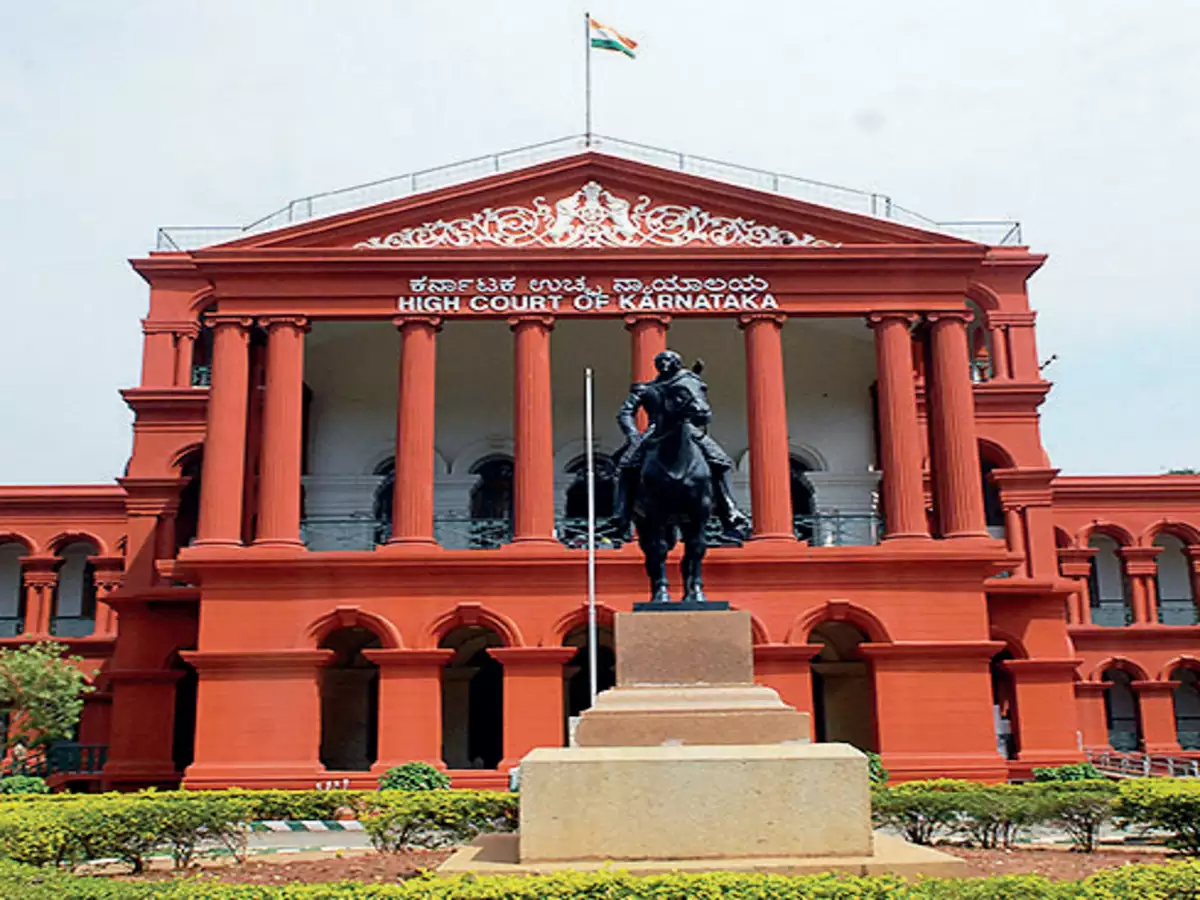The court passed a pivotal ruling while sanctioning parole for Kashmiri journalist Fahad Shah in a case under the Unlawful Activities (Prevention) Act (UAPA), initiated back in 2011 following an article’s publication on The Kashmir Walla news portal.
In matters related to bail under the Unlawful Activities (Prevention) Act (UAPA), the Jammu & Kashmir and Ladakh High Court has recently stipulated that the investigative body is obligated to rationalize the arrest by demonstrating the “clear and present danger” the accused might pose to the community. The Court highlighted that prima facie charges against the accused would be irrelevant if the arrest is not justifiable under the principle of a direct and immediate threat to society.
“We assert that the investigative agency possesses the autonomous discretion to carry out or refrain from arrests under the UAPA during its investigation of a case under the Act.” Nevertheless, the Court declared that if an acquittal occurs, the investigative agency must substantiate the arrest with evidence of the “clear and present danger” the accused would represent to society at large if granted parole.
The division bench comprising Justice Atul Sreedharan and the recently retired Justice Mohan Lal stated that if the investigative agency fails to present adequate evidence to satisfy the court of this danger, the arrest would infringe upon the fundamental rights of the accused.
It was further noted that notwithstanding the stringent stipulations for the release of accused persons under the UAPA, parole could be an option in such instances. Yet, the bench clarified that the determination of whether the accused constitutes a clear and present danger should be assessed on a case-by-case basis.
These observations were made as the bench granted parole to journalist Fahad Shah in the UAPA case concerning an article published on The Kashmir Walla in 2011. Simultaneously, the Court rejected his plea challenging the formulation of charges by the trial court. The implication of this judgment is that an accused may be eligible for bail, even when facing prima facie evidence, if their release does not present a “clear and present danger” to the public, nullifying any reason for their arrest.
However, as per Section 43D (5) of the UAPA, the accused alleged to be involved in terror activities can only be released if the Public Prosecutor has the opportunity to oppose the parole application. Furthermore, this section mandates that bail should not be granted if there are substantial grounds to believe the charges are prima facie true.
The police have accused Shah of amassing significant profits from foreign contributions in contravention of the Foreign Contribution (Regulation) Act and allegedly partaking in an operation to forge and propagate a secessionist narrative in Jammu & Kashmir.
Reviewing Shah’s bail plea, the Court elucidated that the rigorous bail conditions in Section 43D (5) of the UAPA were conceived to preclude the release of individuals whose association with the crime is direct and immediate, posing a “clear and present danger” to the public, from obtaining bail during the trial.
The bench stated, “It was not intended to detain the inadvertent offender who merely found themselves at the wrong place at the wrong time.” The Court also expressed that an unjustified arrest under the UAPA would be an arbitrary use of police discretion. Furthermore, such an arrest would contravene Articles 14 and 21 of the Indian Constitution, as per the bench’s view.
Consequently, the Court concluded that given the inconsequential nature of the proviso to Section 43D (5) of the UAPA, the accused should be granted parole. On the merits, the court noted that the article in question was published over a decade ago, with no evidence indicating it incited individuals to militant activities.
“None of the witnesses have claimed this,” the Court emphasized.
In addressing the charges against the petitioner by the trial court, the court found the conspiracy charge under Section 18 of the UAPA to be unproven, as the act he was accused of does not constitute a terrorist act.
“There is no prima facie evidence suggesting that the article published by the appellant contains material that encourages individuals to engage in violence or take up arms,” the Court observed.
However, the Court did find sufficient prima facie evidence to prosecute the petitioner for unlawful activities as defined in Section 13. The allegation of promoting enmity against the Government of India was found to be unsupported by evidence.
The Court further added that the incriminating article did not aim to incite dissatisfaction on the grounds of caste or religion, in relation to the offense under Section 153B of the Indian Penal Code. Nonetheless, the Court found ample prima facie evidence to hold Shah accountable for allegedly receiving foreign remittances without proper notification, as per the Foreign Contribution Regulation Act.



